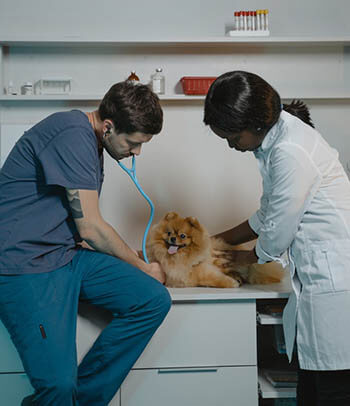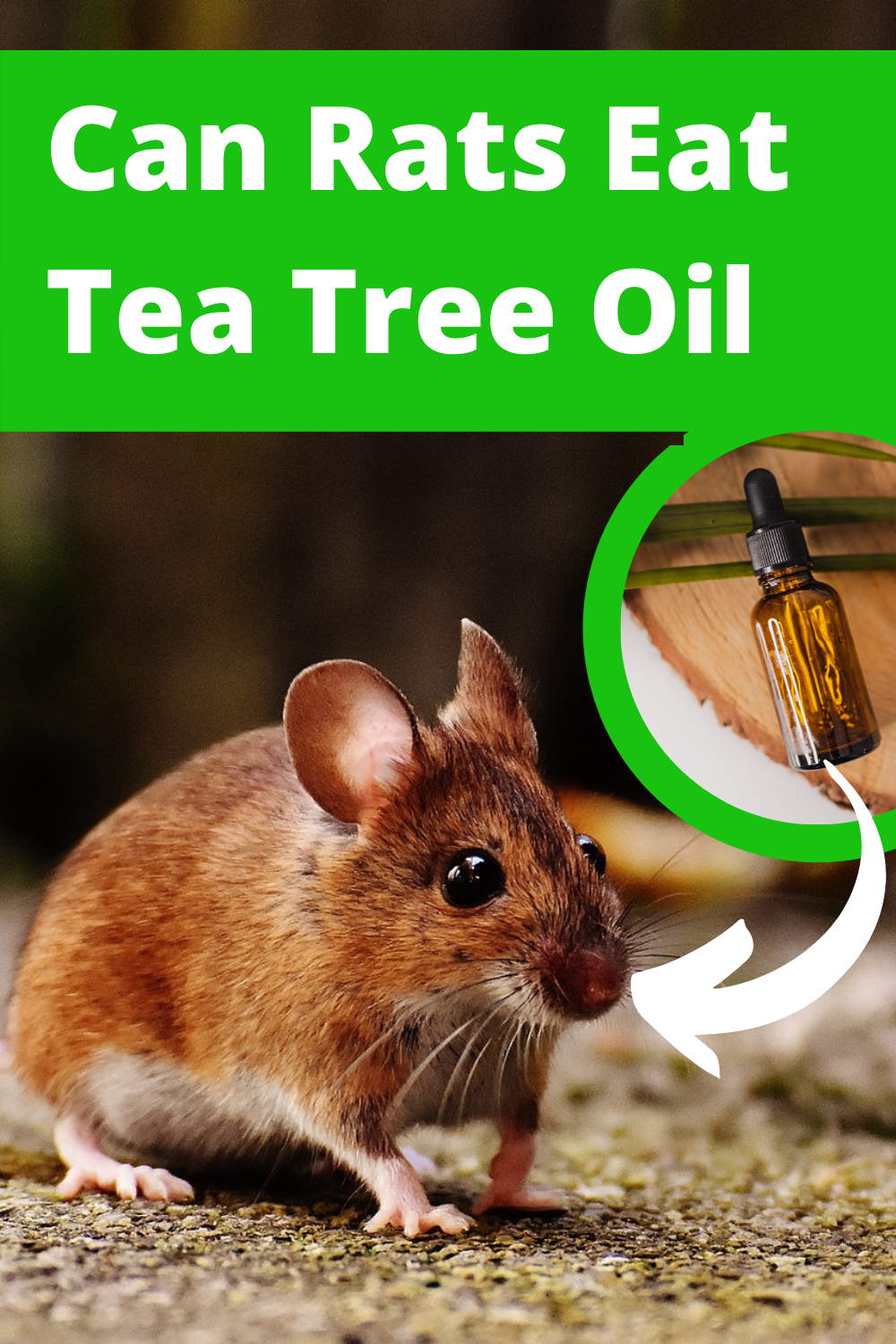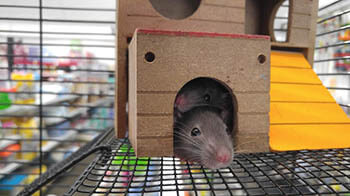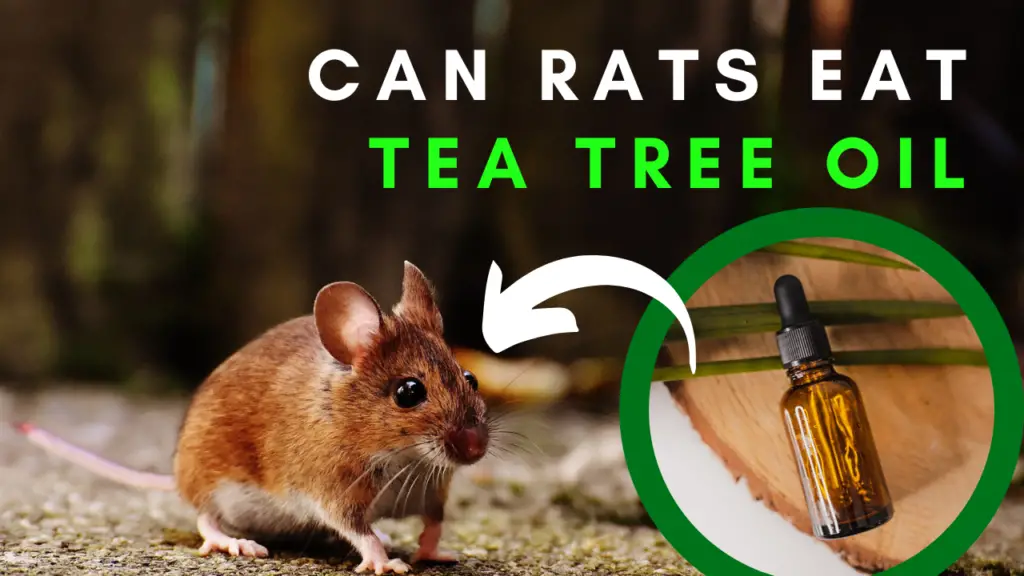Tea tree oil is considered one of the most effective natural remedies of all kind. With a sweet, slightly sharp scent, this oil is ideal for treating acne, lice, insect bites and much more, and is favoured for its antibacterial properties.
Because tea tree oil is so effective and low risk for humans, you might assume that rats can safely use this oil, too. But can rats eat tea tree oil? Is this healthy for them, or can it be dangerous?
Generally, the answer is no – rats can’t, and shouldn’t, eat tea tree oil.

Tea tree oil isn’t even safe for human consumption. Some people use the oil as a natural antibacterial mouthwash, but that’s about as close as you should get to swallowing it. If ingested, tea tree oil can cause serious side effects, including comas, weakness, severe rashes, vomiting, and even death. That’s why this oil is only used in very low concentrations in products like shampoos and body washes.
So, can you use tea tree oil on rats at all?

No. There are posts online discussing the safety of using tea tree oil to treat infections and lice on pet rats, and the general agreement is that it’s not worth risking your rat’s health. Just like us humans, when rats ingest high concentrations of tea tree oil, they could be at serious risk of damaging side effects. Rats’ bodies are a lot smaller than ours, too, so there’s a high chance that they’ll be more badly affected by less oil than a human could handle.
While you could probably trust most humans to apply tea tree oil to their skin without trying to lick it off, animals aren’t as clever. It’s highly unlikely that your pet rat will understand why you’re applying tea tree oil to its fur, and it’ll just want to get rid of it as quickly as possible.
On a similar note, you should avoid using tea tree oil as an air freshener or a spray-on cleaner around rats. That’s because even breathing in tea tree oil can be toxic to these animals. If you’re going to use tea tree oil around your rats, make sure it’s diluted a lot, and it should be fine.
If you’re not sure whether your rat has ingested tea tree oil, look out for symptoms such as muscle tremors, vomiting and seizures. Make sure to keep a close watch on your rat for at least 72 hours after potential exposure.
If your rat ingests tea tree oil, call your vet instantly.

There isn’t usually much you can do about tea tree oil ingestion. Your vet may recommend booking an emergency appointment, but unfortunately, there’s no antidote to terpenes. There are some medications that can be used to treat the side-effects, but nothing that can reverse the poisoning. The severity of the reaction depends on the quantity of oil ingested. That’s why it’s important to keep rats and any other pets as far away from tea tree oil (and similar essential oils) as possible.
Does tea tree oil attract pest rats?
If you think you might have a rat problem – and that rats are eating your tea tree oil – this is highly unlikely. Like many essential oils, tea tree oil is actually a repellent. It’s very unlikely that a rat would get anywhere near your tea tree oil, let alone eat some of it. Rats are fairly smart, and most will know that ingesting large amounts of something like tea tree oil would likely make them very sick or even kill them. If you’re trying to avoid a rat infestation, try mixing pure tea tree oil with peppermint oil and sprinkling it along your skirting boards and doorways.

In short, if you’re a pet rat owner, it’s best to keep your rats well away from tea tree oil.

It may be a good natural remedy for humans, but it can be very damaging to rats if they ingest it or even breathe it in.
On the other hand, if you’re dealing with a rat infestation, the smell of tea tree oil should be enough to send them away – so feel free to use as much around your home as you’d like!

